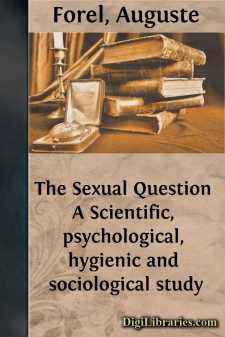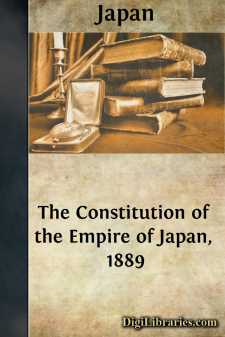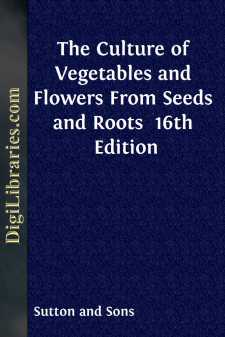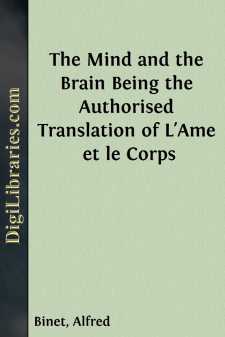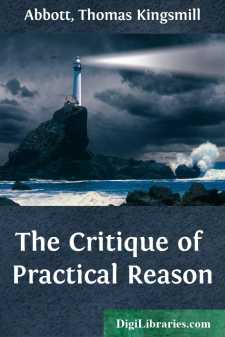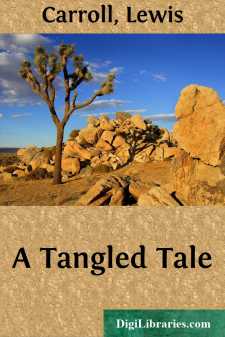Categories
- Antiques & Collectibles 13
- Architecture 36
- Art 48
- Bibles 22
- Biography & Autobiography 813
- Body, Mind & Spirit 142
- Business & Economics 28
- Children's Books 17
- Children's Fiction 14
- Computers 4
- Cooking 94
- Crafts & Hobbies 4
- Drama 346
- Education 46
- Family & Relationships 57
- Fiction 11829
- Games 19
- Gardening 17
- Health & Fitness 34
- History 1377
- House & Home 1
- Humor 147
- Juvenile Fiction 1873
- Juvenile Nonfiction 202
- Language Arts & Disciplines 88
- Law 16
- Literary Collections 686
- Literary Criticism 179
- Mathematics 13
- Medical 41
- Music 40
- Nature 179
- Non-Classifiable 1768
- Performing Arts 7
- Periodicals 1453
- Philosophy 64
- Photography 2
- Poetry 896
- Political Science 203
- Psychology 42
- Reference 154
- Religion 513
- Science 126
- Self-Help 84
- Social Science 81
- Sports & Recreation 34
- Study Aids 3
- Technology & Engineering 59
- Transportation 23
- Travel 463
- True Crime 29
Sort by:
by:
Various
INTRODUCTION In times of anxiety and discontent, when discontent has engendered the belief that great and widespread economic and social changes are needed, there is a risk that men or States may act hastily, rushing to new schemes which seem promising chiefly because they are new, catching at expedients that have a superficial air of practicality, and forgetting the general theory upon which practical...
more...
This collection of scattered thoughts and observations has little order or continuity; it was begun to give pleasure to a good mother who thinks for herself. My first idea was to write a tract a few pages long, but I was carried away by my subject, and before I knew what I was doing my tract had become a kind of book, too large indeed for the matter contained in it, but too small for the subject of...
more...
by:
Auguste Forel
THE REPRODUCTION OF LIVING BEINGS History of the Germ:—Cell-division—Parthenogenesis—Conjugation—Mneme—Embryological Development— Difference of the Sexes—Castration—Hermaphrodism— Heredity—Blastophthoria. A general law of organic life decrees that every living individual is gradually transformed in the course of a cycle which is called individual life, and which terminates with...
more...
by:
Various
I THE GROUNDS OF UNITY In face of the greatest tragedy in history, it is to history that we make appeal. What does it teach us to expect as the issue of the conflict? How far and in what form may we anticipate that the unity of mankind, centring as it must round Europe, will emerge from the trial? Only two occasions occur to the mind on which, since the break up of the Roman Empire, a schism so serious...
more...
CHAPTER I INTRODUCTION This book is intended not to raise fears but to record facts. We wish to describe with pen and pencil those features of England which are gradually disappearing, and to preserve the memory of them. It may be said that we have begun our quest too late; that so much has already vanished that it is hardly worth while to record what is left. Although much has gone, there is still,...
more...
by:
Japan
CHAPTER I. THE EMPEROR Article 1. The Empire of Japan shall be reigned over andgoverned by a line of Emperors unbroken for ages eternal. Article 2. The Imperial Throne shall be succeeded to byImperial male descendants, according to the provisions of theImperial House Law. Article 3. The Emperor is sacred and inviolable. Article 4. The Emperor is the head of the Empire, combining in...
more...
by:
Sutton and Sons
THE CULTURE OF VEGETABLES Horticulture has a full share in the progressive character of the age. Changes have been effected in the Kitchen Garden which are quite as remarkable as the altered methods of locomotion, lighting and sanitation. Vegetables are grown in greater variety, of higher quality, and are sent to table both earlier and later in the season than was considered possible by gardeners of...
more...
by:
Alfred Binet
INTRODUCTION This book is a prolonged effort to establish a distinction between what is called mind and what is called matter. Nothing is more simple than to realise this distinction when you do not go deeply into it; nothing is more difficult when you analyse it a little. At first sight, it seems impossible to confuse things so far apart as a thought and a block of stone; but on reflection this great...
more...
PREFACE. This work is called the Critique of Practical Reason, not of the pure practical reason, although its parallelism with the speculative critique would seem to require the latter term. The reason of this appears sufficiently from the treatise itself. Its business is to show that there is pure practical reason, and for this purpose it criticizes the entire practical faculty of reason. If it...
more...
by:
Lewis Carroll
EXCELSIOR. "Goblin, lead them up and down." The ruddy glow of sunset was already fading into the sombre shadows of night, when two travellers might have been observed swiftly—at a pace of six miles in the hour—descending the rugged side of a mountain; the younger bounding from crag to crag with the agility of a fawn, while his companion, whose aged limbs seemed ill at ease in the heavy...
more...




